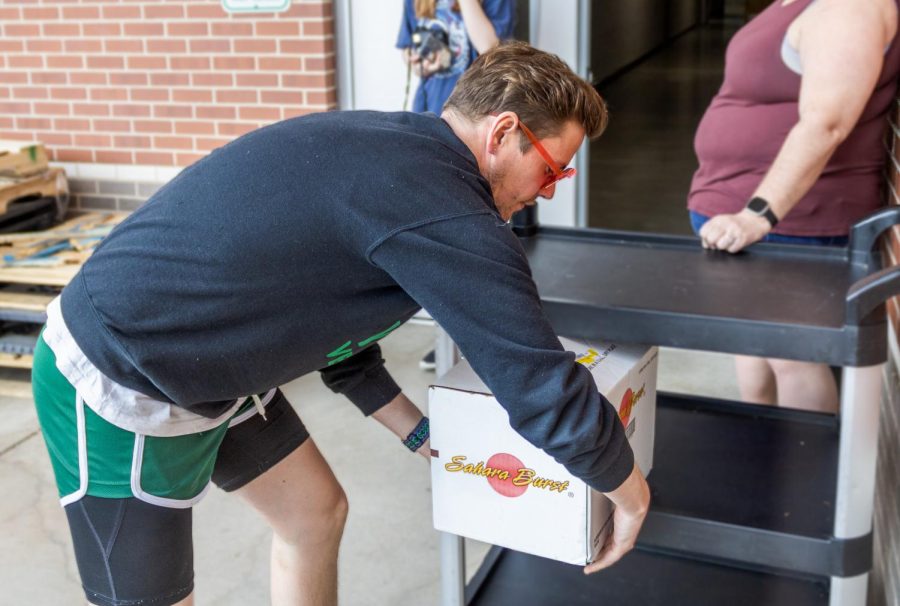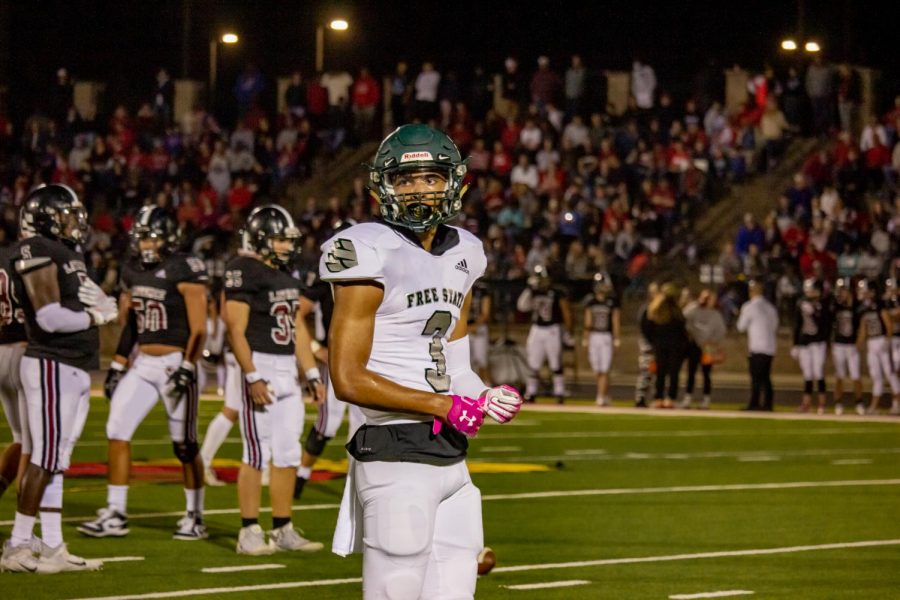“Your school here is like a second home,” Mattis Mock said. “To us, school is more like a nasty thing we have to do and we are very happy when it’s over.”
About four thousand seven hundred and five miles separate sister cities Lawrence, Kansas and Eutin, Germany.
While the language, food and customs are different in the United States, one of the biggest differences between Lawrence and Eutin lies in the public schools.
On September 10, 12 juniors attending two different high schools in Eutin embarked on an experience of a lifetime. They poured into the KCI airport and staggered out of the plane, sleep deprived, scarf-clad and excited.
The students who attended the Carl-Maria-von-Weber-Gymnasium and the Johann-Heinrich-Voss-Gymnasium in Eutin now attend Free State and Lawrence High School.
These German exchange students live any teenager’s worst nightmare; they go to school practically year round.
“[School] starts in August and then goes until the end of June,” Larissa Appel said. “But in the autumn we have two weeks of holiday, and winter and spring [it’s] also two weeks.”
While they attend school year-round, they compensate with much shorter school days.
“We start at 7:40 a.m. and end at different times,” Appel said. “Sometimes at 12:55 p.m. or at 11:05 a.m. Every day is different.”
The differing schedules often mean that nobody has to suffer through school lunch. Classes typically finish early enough for students to head home to eat.
“There is a canteen where we can buy little things, but I bring my lunch,” Matthis Mock said.
“We don’t really have lunch breaks, but we have normal breaks,” Appel said. “I bring a sandwich and then I eat again when I get home.”
A typical day varies.
“Classes are 45 minutes, and then we have a five minute break,” Appel said. “Then [we have] another class and then 15 minutes [of] break.”
The day continues like this, alternating between five and 15 minute breaks between classes, until the end of school.
The six exchange students who are at Free State all attend a Gymnasium, the “college prep” track, as opposed to “Realschule,” or the “Hauptschule” which move a little more slowly.
“In the fourth grade you get a letter from school and the main teacher decides what school is better for you,” Mock said. “We are all together for the first years, and good friends get nervous to see if they are at the same school.”
Studying in the Gymnasium is very challenging, but it molds strong students.
“If you learn and do your homework and follow classes, then it’s not really hard. But if you don’t study for tests and do your homework, then it might be harder,” Appel said.
In the Gymnasium, students are required to take English starting in the fifth grade, or as they would say, “the fifth class.” Latin or French begins in the seventh class, and an optional Spanish class is offered in the ninth class. This is all in addition to their normal German classes.
Students take 12 to 13 different classes at one time but they may only have a certain class once or twice a week. Course selections are also quite limited.
“We have 12 or 13 different classes,” Appel said. The teacher gives us them. We don’t get to pick. We can only chose between music or art and philosophy or religion.”
“Your school system is cool,” Mock said. “I wish I could choose so many things.”
Appel agrees with Mock’s statement, as she is taking advantage of the many specialized classes that Free State offers such as ceramics and nutrition and wellness.
“Art is one class,” Appel said. “Here it’s ceramics or drawing but in Germany it is all one class…In America, everything is more specific. We have nothing like cooking.”
In Germany, students do not stay for sports or linger in the Commons after school.
“Your school here is like a second home,” Mock said. “To us, school is more like a nasty thing we have to do and we are very happy when it’s over.”
“We only have some activities like basketball, football (soccer). We [also] have something like math [club],” Appel said.
Free State is full of obscure clubs such as sweater club and cake decorating club. All these activities are very new, but intriguing to our exchange students.
Some of the students only now attended their very first American style football game on September 23.
The thirteenth class in Eutin is equivalent to our senior year in the United States, but they decide about the University a little earlier.
“I think…last year in tenth grade, a woman [told] us about the different ways to choose,” Appel said. “Now in eleventh grade we take a test [that] shows us what will be best for us…what work will be good, and what we can study.”
“These tests are the most nervous time of your life,” Mock said. “Your grade[s] will decide what you do later.”
Appel is looking to become a police officer while Mock may study psychology and biology at the University, but after he takes a year off to travel.
Four weeks is a long time to be in a strange new country living with strange new people, but Appel states that she has experienced no homesickness.
“Everything here [in America] is a bit better,” Mock said.



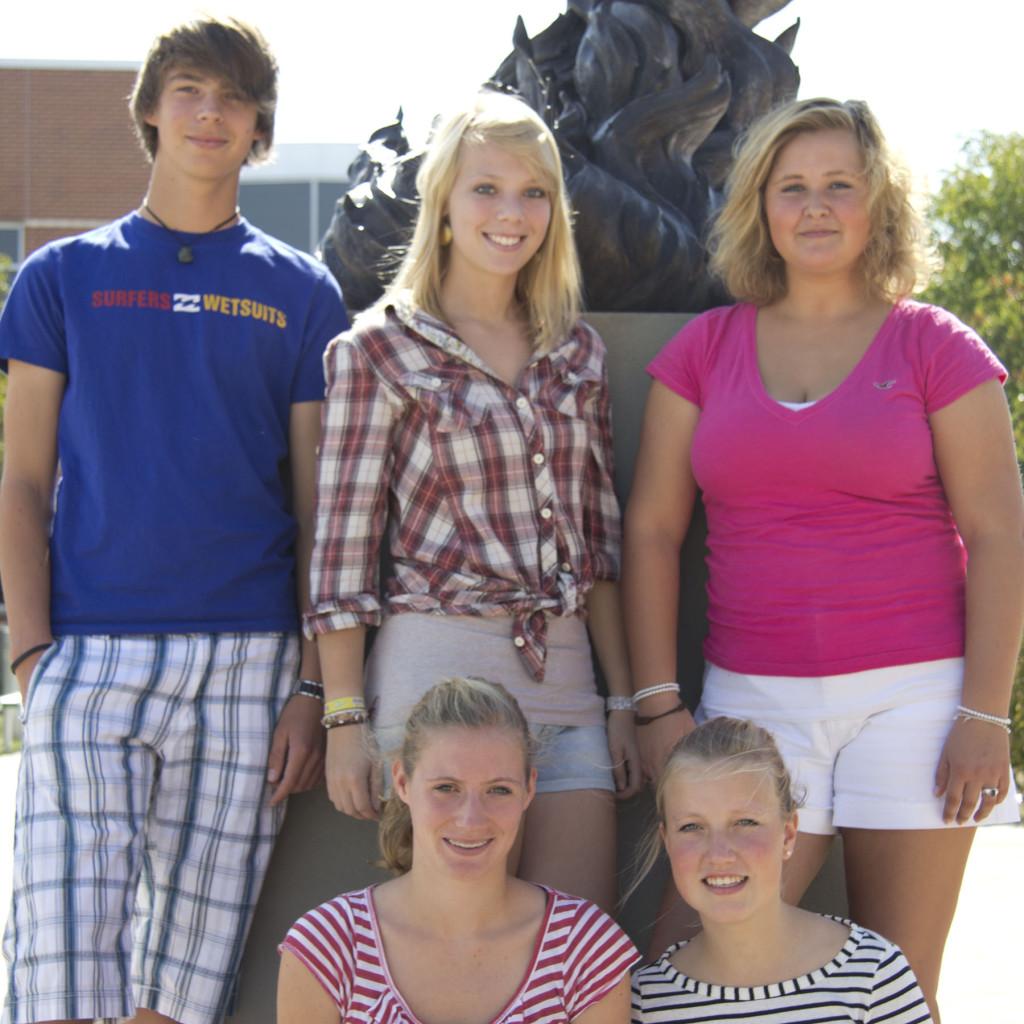


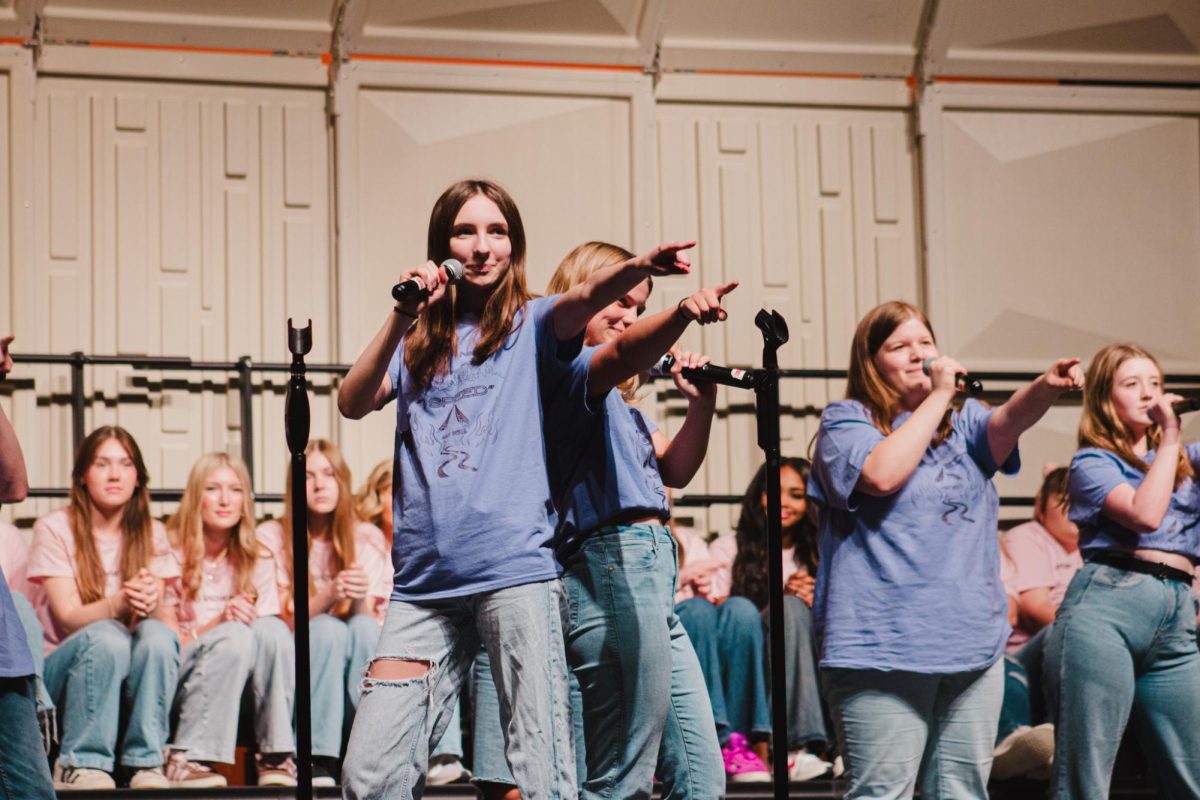

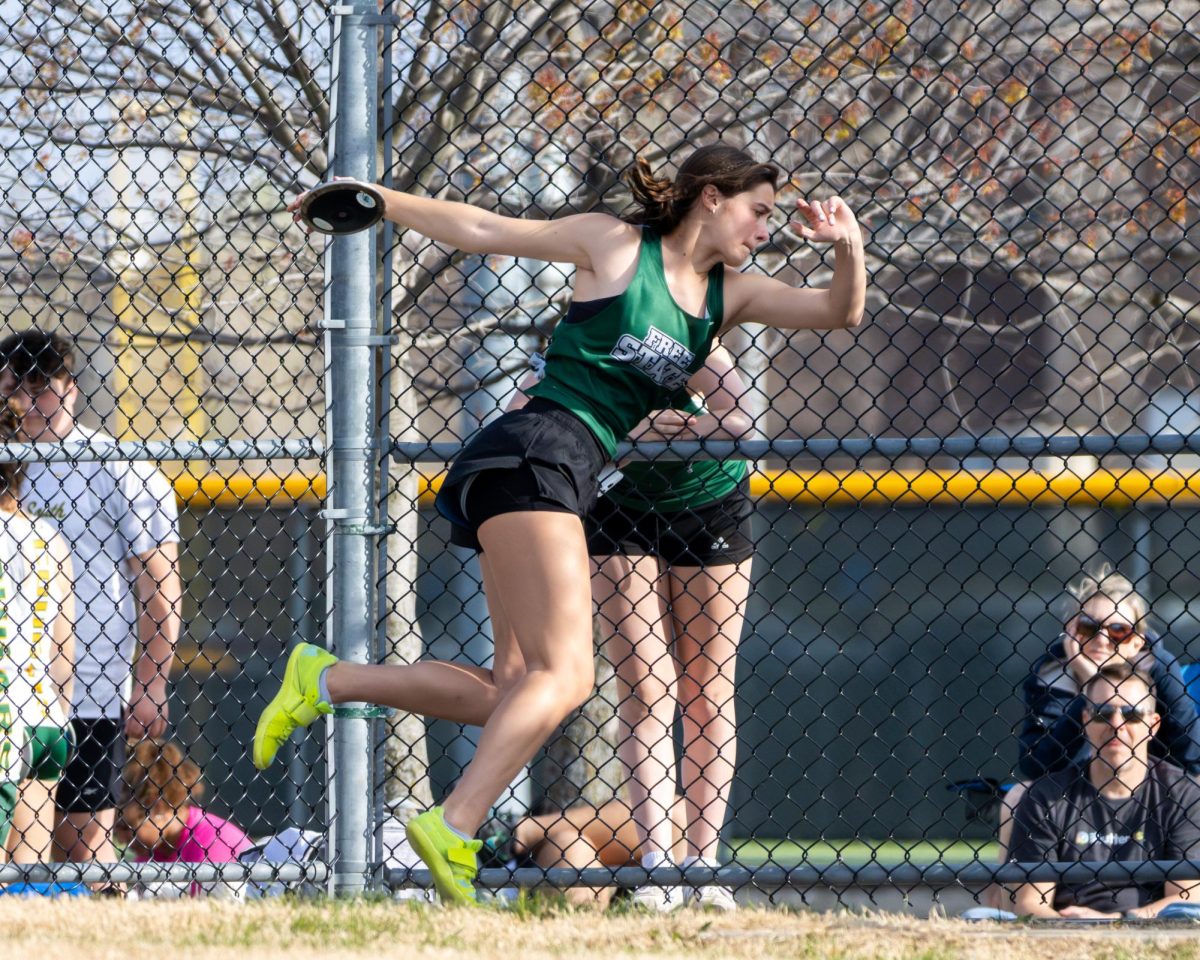


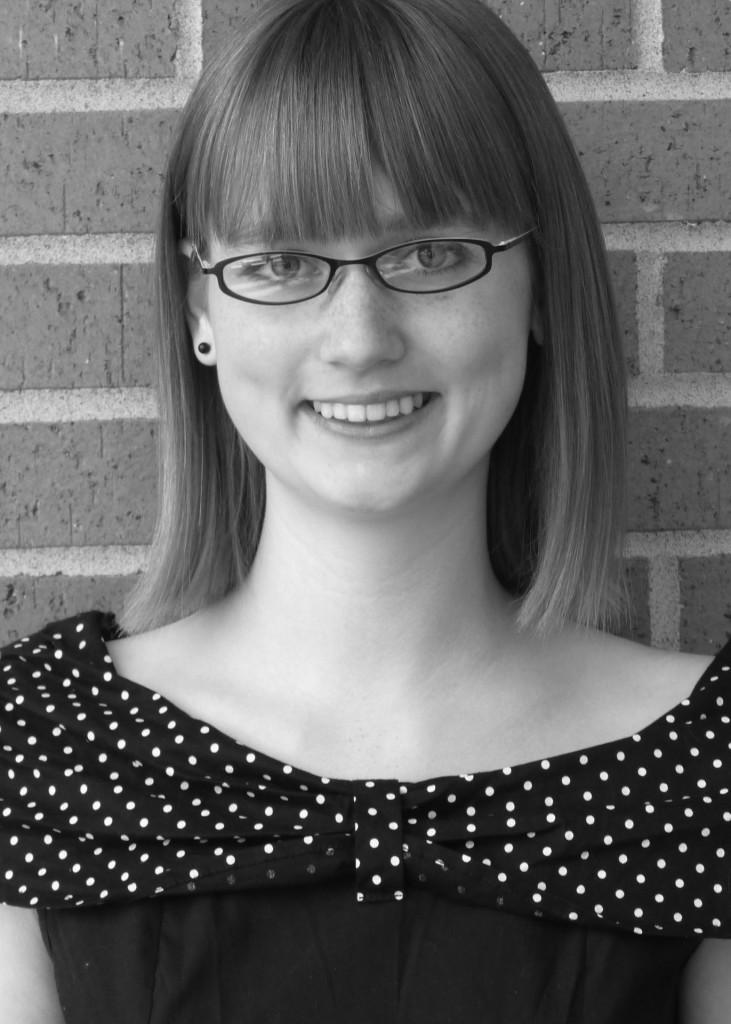
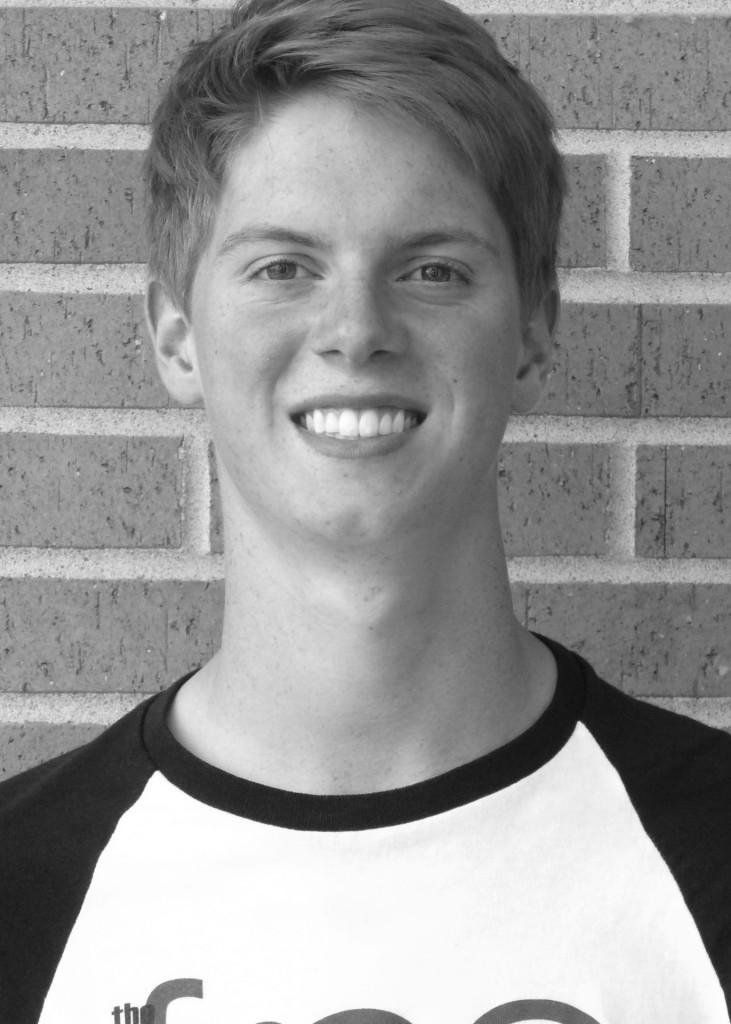
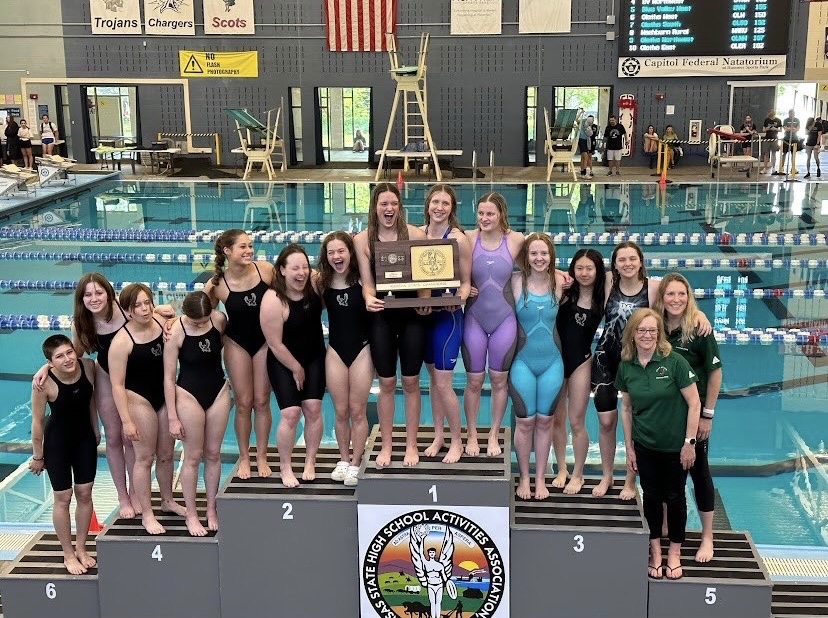
![After receiving advice from her students, orchestra director Judy Erpelding marks her music. Although the director normally makes the artistic decisions, Erpelding will often consult her students and hear their opinions on what sounds good and what they should try out. “[The students] are the heart of the program, not me,” Erpelding said. “I know they will carry that on and I will miss them. Making great music with them, being able to challenge them, taking their inspiration.”](https://www.fsfreepressonline.com/wp-content/uploads/2023/05/Roust_Erpelding_5_11_23-600x900.jpg)
